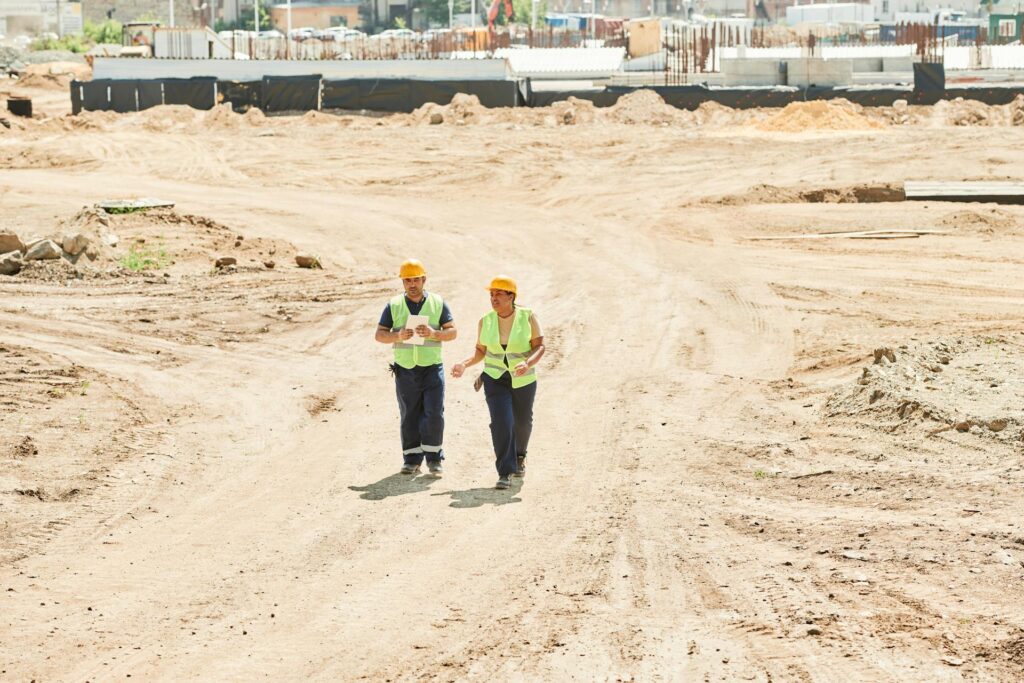What Construction Activities Are Covered Under CDM 2007 Regulations? Here’s What You Need to Know

A clear guide to construction activities covered by CDM 2007, helping you manage health and safety risks effectively. Construction projects can be messy, complicated affairs. From site clearance to demolition, there’s a lot going on, and the Construction (Design and Management) Regulations 2007, or CDM 2007, set out rules to keep things safe. These regulations […]
Essential Construction Safety Training: Courses That Save Lives & Careers

Discover how health and safety construction training reduces risks, ensures compliance, and fosters safer sites while boosting career prospects and efficiency.



